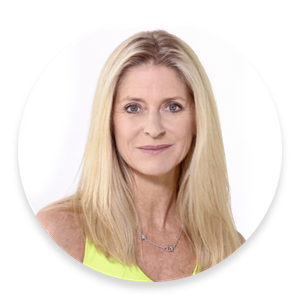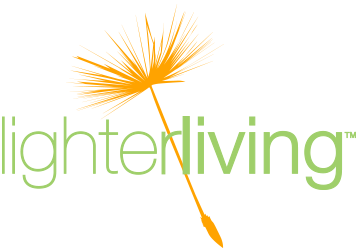Eating for bone health
It is important to eat a diet rich in vitamins, minerals, protein and fats. Primarily to build bone and muscle tissue that keeps you strong and active. As we age our bones get thinner creating greater risk of injury so exercise also plays a role that includes strength, flexibility and balance training
The primary nutrients needed to build bone are calcium, vitamin D, protein, magnesium, phosphorous, and potassium. If you eat a healthy diet with lots of fruits, vegetables, legumes, nuts, seeds, and lean proteins, you'll get enough of most nutrients needed to keep your bones healthy and functioning well but some nutrients require extra effort to ensure adequate intake.
Calcium is one of the main ingredients of bone, and is essential for cell, muscle, heart, and nerve function. We don't make calcium on our own so we must ensure that we eat it daily. If you don’t ingest Calcium your body will raid it from your bones!
You need at least 1200mg of Calcium a day, easily found in all dairy foods like milk, cheese and yogurt; fish like salmon and sardines; substitute milks like soy and almond; tofu, nuts, seeds and beans; figs and in dark green leafy vegetables. If you are afraid that you don’t eat enough Calcium, especially if you are vegan, lactose intolerant, on steroid medications or have colitis or gut issues, then take a supplement but be careful not to overdose. It is important to note that you need 600IU a day Vitamin D in order to absorb calcium which most people can get from 15 mins of sun exposure. Have your doctor prescribe a simple Vitamin D blood test to determine whether you need to supplement (recommend evel from from 30 to 50 ng/mL (75 to 125 nmol/L).
If your blood Vitamin D is low then take 600 to 800 IU per day unless you have osteoporosis, in which case you take 1,500 to 2,000 IU per day.
Protein is the building block of all muscle, skin and bone tissue but many of us do not eat enough in favor of carbohydrates. Bone tissue is made up of a meshwork of protein fibers like scaffolding made hard by minerals like Calcium and Phosphorous. I highly recommend that you eat your weight in pounds multiplied by .36 grams of protein every day. (For example, a 170-pound person would need to eat about 61 grams of protein per day (170 × 0.36 = 61.2).
It adds up quickly if you eat 20 grams with every meal. That is a chicken wing, 2 tablespoons of peanut butter, a small cup of cottage cheese, 6 large scallops, 3 eggs. You get 2 for 1 when you eat calcium rich proteins like canned salmon, beans or dairy.
Magnesium, found in green vegetables, dairy, nuts, fish, meat, bananas helps your body use calcium and vitamin D. It makes calcium, harden and strengthen your bones. Low magnesium levels is a risk factor for osteoporosis. I personally take Magnesium Glycinate in the morning and Magnesiau Threonate at night.
Potassium found in bananas, most fruits and vegetables, coffee, fish, meat, chicken, nuts and seeds.has been found to reduces the loss of calcium in your urine so is important in bone health.
Silicon, found in in cereals, rice, banana and most fruits and vegetables is the glue that helps calcium and other minerals attach to the protein structure that makes up your bones.
Zinc , found in eggs, dairy, meat, shellfish, Brazil nuts and pecans, helps calcium and other minerals attach to the protein structure that makes up your bones.
We want to ensure strong bones particularly after 50 so be sure to also consider the other lifestyle factors including daily weight-bearing exercise (such as Aeropilates, brisk walking and low impact weight training), limiting alcohol intake, and not smoking.
-
Disclaimer
The information shared in this article is for informational purposes only and is not intended as medical advice or a substitute for professional healthcare.
Osteoporosis and bone health vary greatly from person to person, and what works for one individual may not be suitable for another. For personalized guidance, diagnosis, or treatment, always consult a qualified healthcare professional.
 written by Marjolein Brugman
written by Marjolein Brugman
Marjolein Brugman is the founder of lighterliving and Aeropilates. “lighterliving is a movement and lifestyle choice we can all make. Let’s make it simple – make one decision a day to be better and watch the small steps lead to big changes. Eat smart, stay active, and you’ll live to feel a lighter life."

